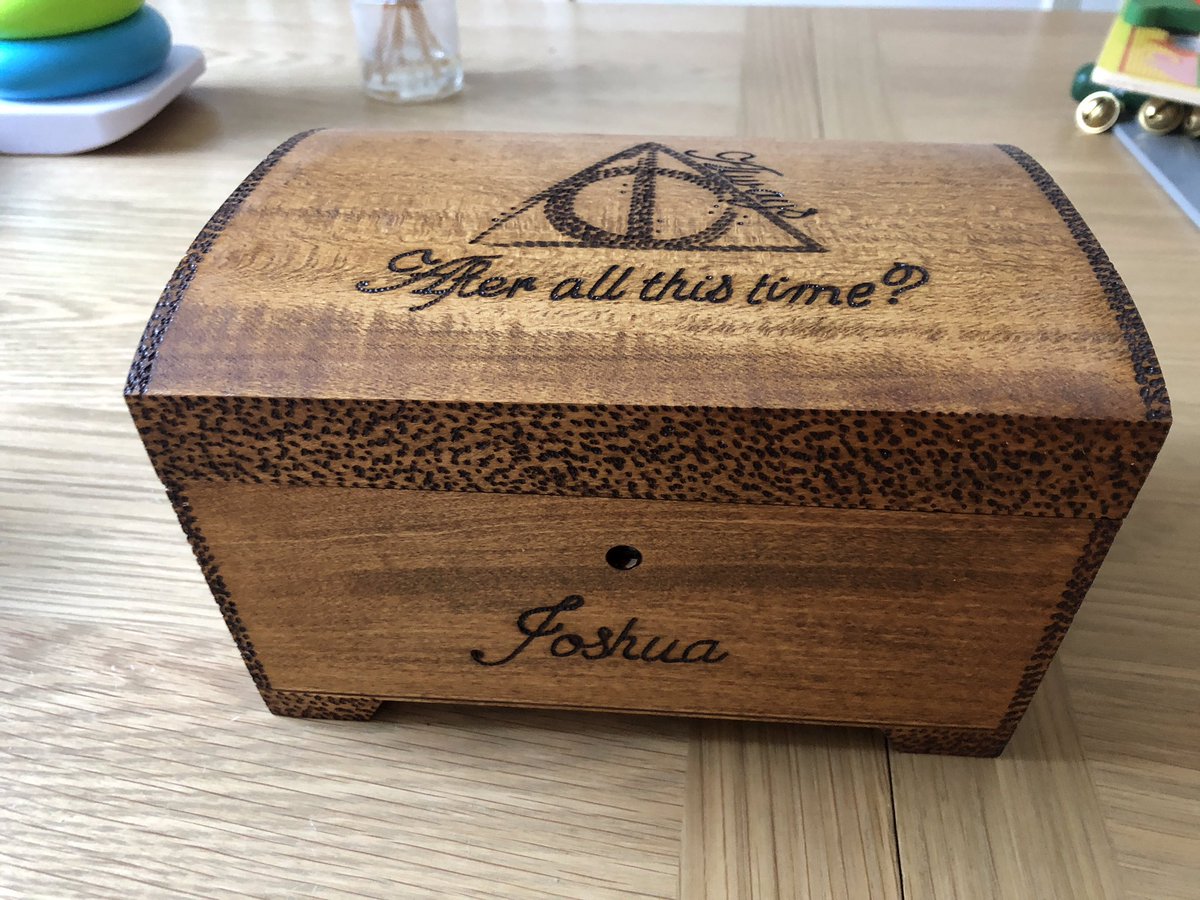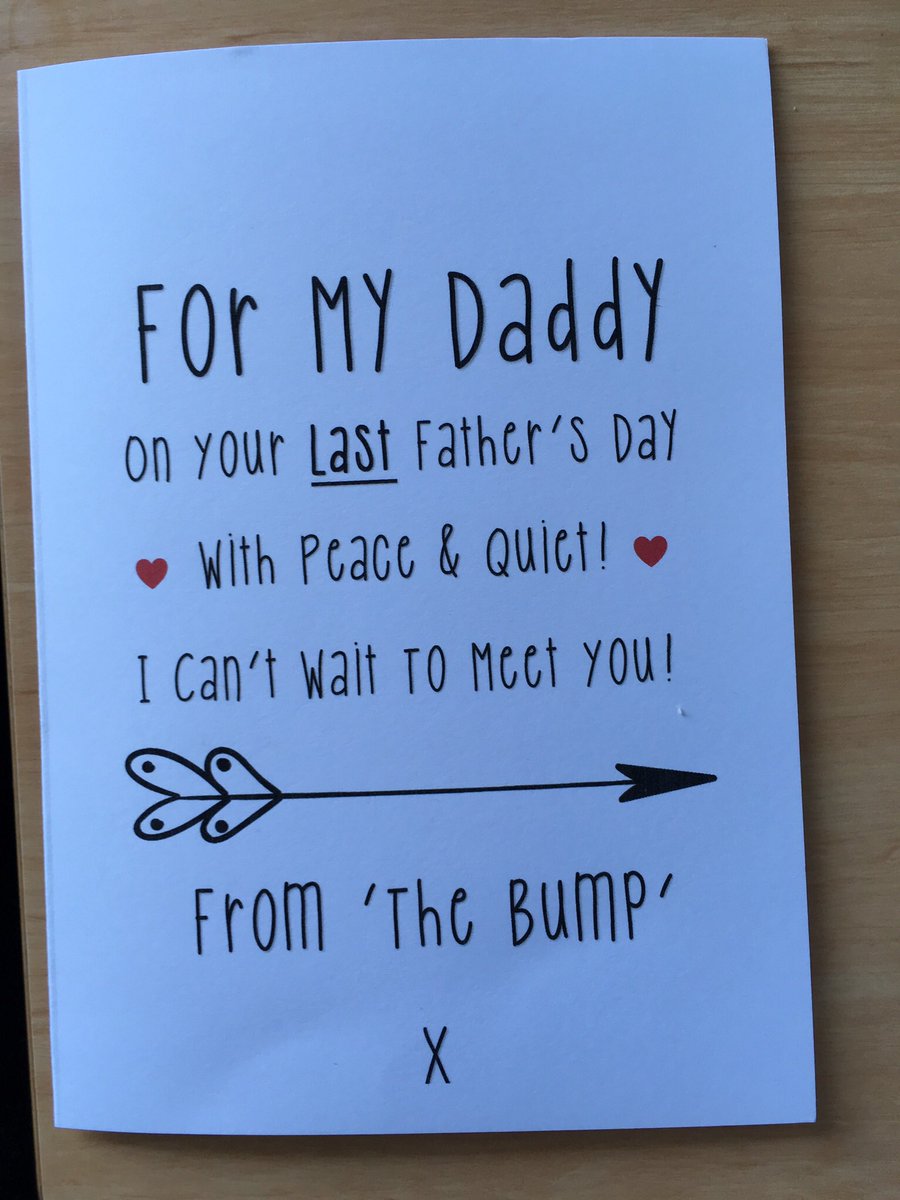Sometimes a little bit of Shakespeare sticks in my brain and works away at me.
CAPULET:
The earth hath swallowed all my hopes but she.
This is top-tier Shakespeare, if we allow Capulet some genuine fatherly feeling.
1/
When Capulet remembers his lost children, the memory is too raw to smooth over...
2/
It's almost a forerunner of Lady Macbeth's "plucked my nipple from his boneless gums". A visceral sense-memory of parenthood.
3/
Shakespeare appears to have thought better of it. In Act 3.5 he specifically refers to Juliet as his "only child" -- "Now I see this one is one too much".
4/
Which is a damn shame, because I'd been dwelling on the juxtaposition of those lines and how they work together.
5/
If you think of "earth" as still carrying the feeling of the grave, it's a deep and moving expression of fatherly love: it gives his love for Juliet a desperate, tragic quality.
6/
How much of that feeling can be retained if the earlier line is lost?
7/
So EARTH is very much a key motif in Romeo and Juliet.
And Shakespeare plays with both senses -- as both a symbol of life and of death. To be both ON the earth and IN the earth.
8/
Juliet is at once too beautiful for life, but too precious to be lost from it.
It is a symbol of death-in-life, which is very much the tone of the entire play.
9/
The end.
10/10






